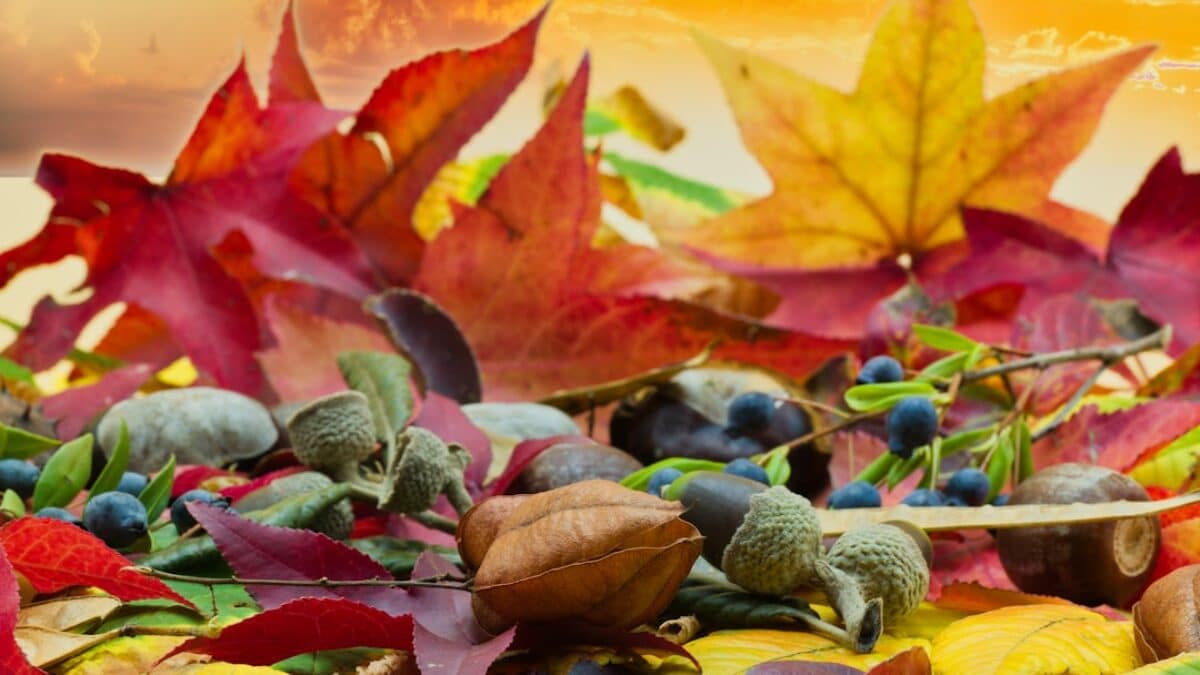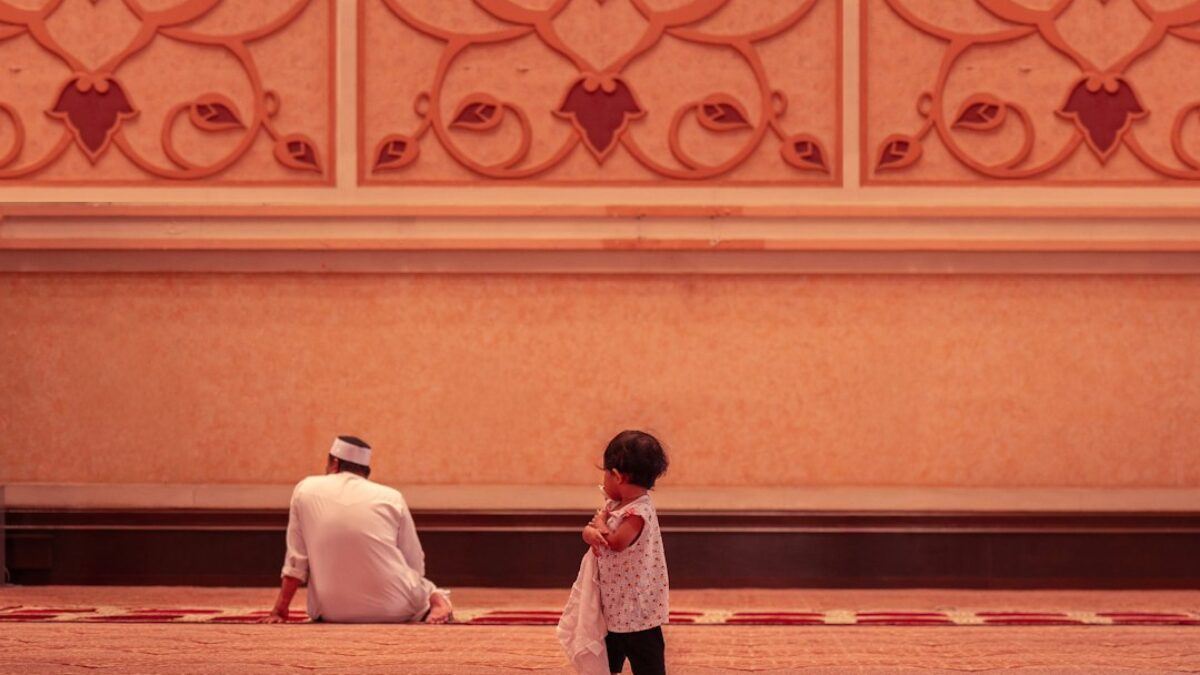Gratitude is not a seasonal emotion; it is the steady heartbeat of a thriving soul. In the Islamic tradition, this heartbeat is kept alive through duʿāʾ—intimate conversations with Allah that transform ordinary moments into sacred encounters. When we consciously weave gratitude-laden supplications into the fabric of our day, we do far more than utter words of thanks; we re-calibrate the lens through which we see every breath, bite of food, and blink of an eye. This article offers a practical, spiritually rich roadmap for using powerful, prophetic duʿās to deepen thankfulness and nourish a daily practice that radiates contentment, resilience, and joy.
Understanding Gratitude and Thankfulness in Islam
Islam presents gratitude (shukr) as both an inner state and an outward expression. At its core, shukr is the deliberate recognition that every favor—material, emotional, or spiritual—originates from Allah alone. The Qur’an repeatedly pairs belief with gratitude: “If you are grateful, I will surely increase you” (14:7). Gratitude, therefore, is not passive thankfulness; it is an active, transformative force that invites Divine increase in knowledge, provision, and closeness to Him.
Shukr vs. Hamd
- Shukr: Directed appreciation for specific blessings (e.g., health, family, guidance).
- Hamd: All-encompassing praise of Allah regardless of circumstances—an unceasing acknowledgment of His perfection.
While hamd sets the stage, shukr fills the performance with detail and personal relevance.
The Psychology of Islamic Gratitude
Modern psychology confirms what revelation has long declared: gratitude rewires the brain toward optimism, reduces cortisol, and enhances relational bonds. When paired with tawḥīd (Divine Oneness), Islamic gratitude anchors the heart so firmly in Allah’s care that anxiety withers and hope flourishes.
Key Components of Powerful Duʿās for Gratitude
A gratitude-centered duʿāʾ is more than a polite “thank you.” It is structured, heartfelt, and prophetic in wording.
Essential Elements
- Praise (Ṭḥamīd): Begin with al-ḥamdu lillāhi rabbi l-ʿālamī to frame the duʿāʾ in pure recognition of the Giver.
- Specific Acknowledgment: Name the blessing aloud or in your heart—this counters heedlessness.
- Recognition of the Source: Affirm that Allah alone conferred the favor.
- Intention of Increased Obedience: Express the desire to use the blessing in ways that please Him.
- Generalization to All Blessings: Conclude by thanking Allah for favors seen and unseen.
Language and Posture
Arabic phrases retain the linguistic beauty and exact prophetic wording, but sincerity outweighs fluency. Raising hands, facing the qibla, or simply clasping the heart are all permissible; the posture should mirror humility, not ostentation.
Benefits and Importance of Daily Gratitude Duʿās
Incorporating focused gratitude duʿās yields multi-layered fruits that span the worldly and the eternal.
Spiritual Benefits
- Increased Īmā: Frequent gratitude conversations nurture an ever-present awareness of Allah.
- Protection from Nifāq: The Prophet ﷺ warned that the sign of hypocrisy is ingratitude; consistent shukr safeguards sincerity.
- Light on the Tongue, Light on the Scale: Short, sincere duʿās weigh heavily on the Day of Judgment.
Psychological & Social Benefits
- Emotional Resilience: Gratitude reframes trials as opportunities for reward and growth.
- Strengthened Relationships: Thanking Allah for people leads to thanking the people themselves, fostering harmony.
- Neuroplasticity: MRI studies show that daily gratitude practice thickens gray matter in areas linked to decision-making and empathy.
Worldly Barakah
When Allah promises “I will surely increase you,” the increase can manifest as unexpected rizq, halal opportunities, or time that “expands” to accommodate more worship.
Practical Applications: How to Integrate Gratitude Duʿās into Your Day
Below is a step-by-step blueprint that turns routine moments into gratitude gateways.
Morning Gratitude: The Dawn Anchor
Upon waking the Prophet ﷺ recited:
“Al-ḥamdu lillāhi alladhī aḥyāā baʿda mā amātanā wa ilayhi-nushūr.”
“All praise is for Allah who gave us life after having taken it from us, and to Him is the resurrection.” (Bukhārī)
Action tip: Place a sticky note on your alarm clock with the transliteration to ensure the first words you utter glorify Allah.
Three Gratitude Pauses After Each Prayer
- Post-Fardh Reflection: While still seated, place your right hand over your heart and whisper three specific blessings you noticed since the last prayer.
- Prophetic Addition: Recite “Allāhumma ʿāfinī fī badanī, ʿāfinī fī samʿī, ʿāfinī fī baṣarī…” (O Allah, grant me well-being in my body, hearing, sight…).
- Micro-Shukr: For each blessing named, say “Al-ḥamdu lillāh” once, creating a rhythmic dhikr that takes less than 30 seconds.
Mealtime Duʿāʾ: From Plate to Paradise
Before eating: “Bismillāh”. After: “Al-ḥamdu lillāhi alladhī aṭʿamanā wa saqāā wa jaʿalanā min al-muslimī.” A family tradition could be for each member to voice one unseen blessing (e.g., enzymes digesting food) before the collective duʿāʾ.
Evening Audit: The Gratitude Journal & Duʿāʾ Combo
- Keep a small notebook by your bed titled “Al-Ḥamdu Lillāh Ledger.”
- Write three new blessings daily, then recite the Qur’anic duʿāʾ: “Rabbanā taqabbal minnā innaka anta s-samīʿu l-ʿalīm” (Our Lord, accept from us; You are the All-Hearing, All-Knowing).
- Once a week, read past entries aloud, turning the journal itself into an extended duʿāʾ of cumulative gratitude.
Table: Sample Daily Gratitude Schedule
| Time | Trigger | Duʿāʾ / Action | Duration |
|---|---|---|---|
| 04:45 a.m. | Turning off alarm | Recite waking duʿāʾ + 3 “Al-ḥamdu lillāh” | 20 seconds |
| After Fajr | Completion of sunnah | Read Qur’an 3:190–200 aloud with reflection | 5 minutes |
| Between Dhuhr & Asr | Coffee break | Silent tongue dhikr: “Allāhumma inni as’aluka ḥubbaka…” | 1 minute |
| Post-Maghrib | Family dinner | Group duʿāʾ for meal + share one gratitude point each | 2 minutes |
| 10:30 p.m. | Closing laptop | Write in Gratitude Journal + recite āyah 14:7 | 3 minutes |
Weekly Gratitude Retreat: 15-Minute Spiritual Spa
Set a timer every Friday after Ṣalāh al-Jumuʿah. Sit in a quiet spot and:
- Perform two rakʿahs ṭawbah to clear any ingratitude-related sins.
- Recite Sūrah al-Raḥmāaloud, responding “Fa-bi ayyi ālā’i Rabbikumā tukadhibā” (Which of your Lord’s favors will you deny?) with heartfelt “None!”
- End with 33× “Al-ḥamdu lillāh,” 33× “Allāhu akbar,” and 34× “Subḥānallāh.”
Powerful Prophetic Duʿās for Specific Occasions
Upon Wearing New Clothes
“Al-ḥamdu lillāhi alladhī kasāī mā uwārī bihi ʿawratī wa atajammalu bihī fī ḥayātī.”
“All praise is for Allah who clothed me with that which conceals my nakedness and by which I adorn myself in life.” (Abū Dāwūd)
For Parents (Living or Deceased)
Allāhumma ighfir li-wālidayya wa-rḥamhumā kamā rabbayāī ṣaghīran. Then add: Al-ḥamdu lillāh alladhī jaʿala fī qulūbihim mahabbatī.
After Relief from Hardship
“Lā ilāha illallāhu waḥdahu lā sharīka lah, lahul-mulku wa lahul-ḥamdu, wa huwa ʿalā kulli shay’in qadīr.”
“There is no deity worthy of worship except Allah alone, with no partner; to Him belongs the dominion and praise, and He is over all things competent.” (Tirmidhī)
Common Obstacles and Solutions
Forgetfulness
- Solution: Use digital reminders. Apps like “Gratitude Ropes” send periodic notifications containing short duʿās.
Repetitive Routine
- Solution: Rotate duʿāʾ collections weekly. Use a jar with 14 folded cards, each containing a different gratitude duʿāʾ.
Emotional Drought
- Solution: Engage the senses—smell musk before dhikr, feel the prayer rug’s texture, or listen to Qur’anic recitation of Sūrah Ibrāhīm to rekindle awe.
Frequently Asked Questions
























Post Comment